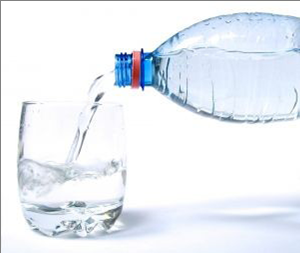The bottled water industry has enjoyed quite a boom during the last couple of decades. From just 2001 to 2011, the sales of bottled water increased from the equivalent of 18.2 gallons per person to 29.2 gallons per person. That’s around 222 average-size bottles of water per person.

Impact of Bottled Water on the Environment
In the United States, water bottles account for 2 million tons of the trash in landfills. Each one of those bottles will take about 1,000 years to biodegrade. Incinerating the bottles produces toxic fumes and only one out of five bottles is made with plastic that can be recycled.
The production of water bottles is wasteful, too – each year, the United States uses 1.5 million barrels of oil in connection with water bottle manufacturing. And because it takes three liters of water to produce one liter of water in a bottle, water itself is actually wasted in the production of bottled water. The energy used to transport the finished product is also wasteful.
What’s the Difference?
When bottled water is put up against tap water in taste tests, it’s reported that people can’t tell much of a difference. And while people may worry about harmful pollutants in their water, its ability to do harm may have been overstated in the past. Nevertheless, consumers who are concerned about taste and pollutants can enjoy water purified with a water filter, and drink it from a reusable container.
Making a Personal Commitment
If you want to offset the impact water bottles and their production have on the environment, you can simply stop buying bottled water. And you can tell your friends and families who drink bottled water why they should do the same. Word of mouth is a powerful tool in bringing about change.
If telling people about the dangers bottled water poses to the environment doesn’t work, telling them how much money they can save by drinking tap water usually does the trick.
Think about ways that you can approach your water use differently. People who are on the go can usually find a water fountain and grab a quick drink. At work, employers can offer a water cooler for employees to use, and employees can bring their own refillable water bottles to fill up at the cooler. It’s not hard to break a bottled water habit, and a few changes can have a significant positive impact on the environment.

